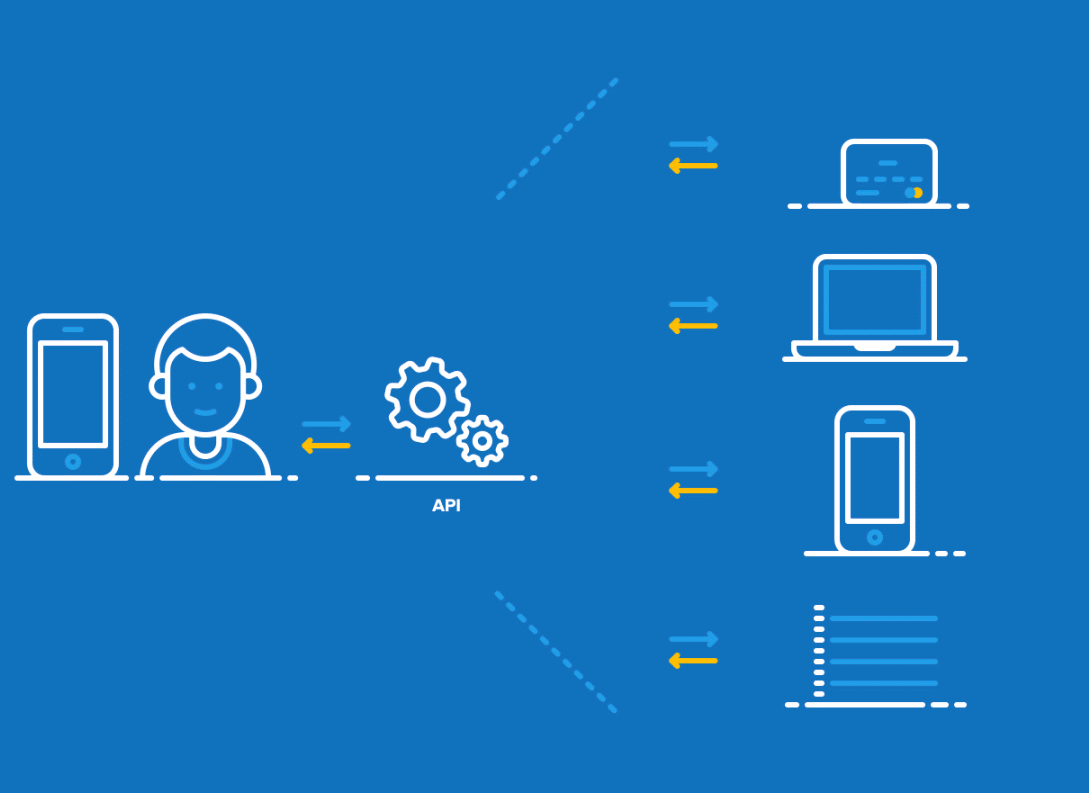SAP Controlling (CO): This module is used for managing cost accounting and internal reporting.
SAP Materials Management (MM): This module is used for managing procurement and inventory management.
SAP Sales and Distribution (SD): This module is used for managing sales and distribution processes, including order management and billing.
SAP Production Planning (PP): This module is used for managing production planning and scheduling.
SAP Quality Management (QM): This module is used for managing quality control and assurance processes.
SAP Human Capital Management (HCM): This module is used for managing human resources processes, including payroll, benefits, and employee data management.
SAP Customer Relationship Management (CRM): This module is used for managing customer data and interactions, including sales, marketing, and service.
To become an SAP professional, one typically needs a strong foundation in business processes and information technology, as well as expertise in one or more SAP modules. A degree in business administration, information systems, or a related field is often required, along with relevant work experience. Additionally, certifications such as the SAP Certified Application Associate or SAP Certified Professional can be helpful in demonstrating expertise in SAP modules.
SAP Supply Chain Management (SCM): This module is used for managing supply chain processes, including inventory management, procurement, and logistics.

